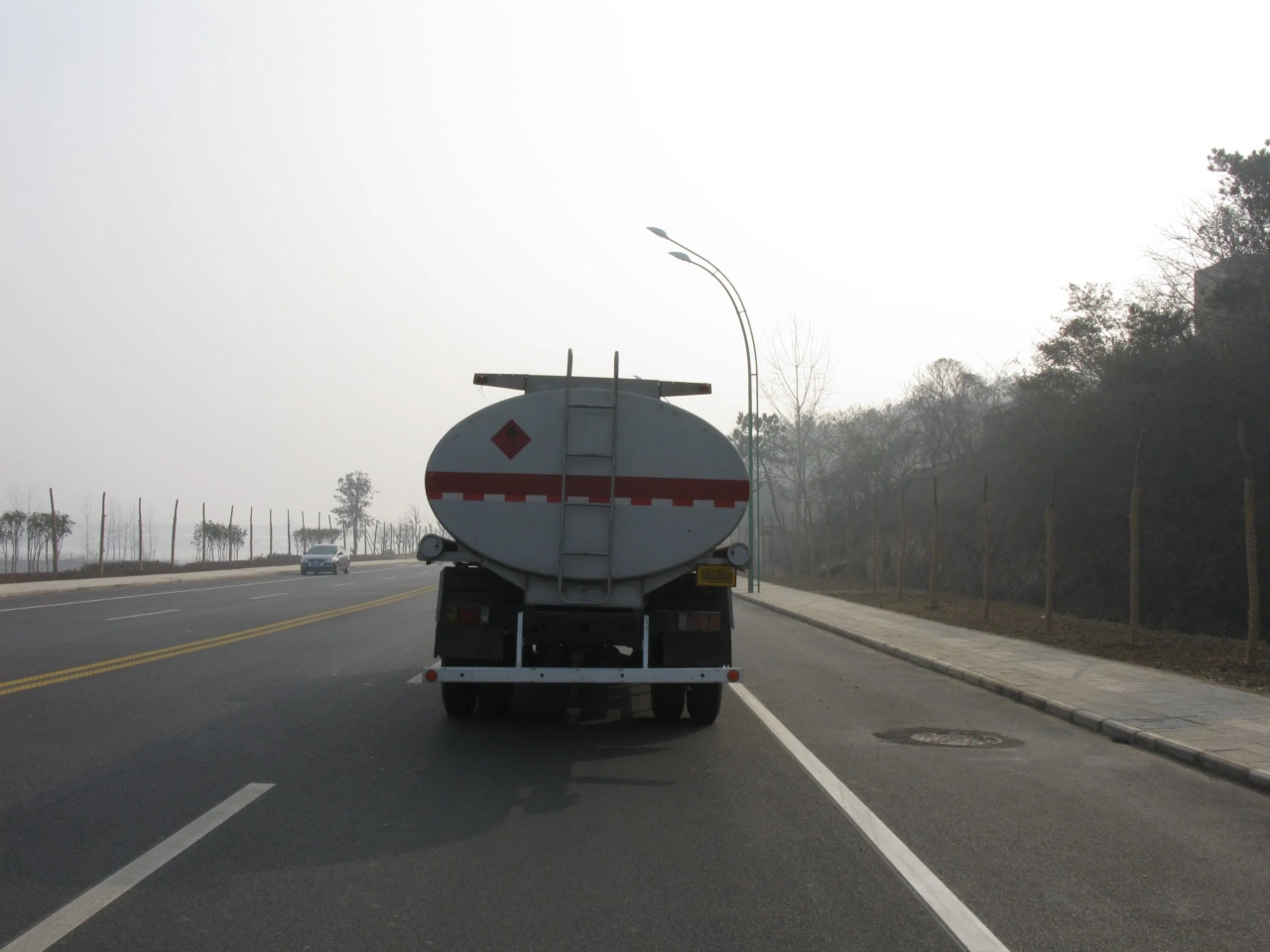In today’s fast-paced and mobile world, efficiency in fuel delivery is more important than ever. Whether for construction equipment on a remote job site, aircraft on an airport tarmac, or a fleet of delivery trucks operating around the clock, the need for on-demand fueling has grown tremendously. This is where the mobile refueler comes into play. A mobile refueler is not just a fuel truck—it’s a mobile fuel station that delivers fuel directly to vehicles, equipment, or aircraft, ensuring they stay operational without the downtime associated with traveling to a fixed refueling station.
Definition and Overview
A mobile refueler is a vehicle equipped with one or more fuel tanks, pumps, meters, hoses, and safety systems designed for the storage and delivery of fuel to other vehicles, machines, or stationary tanks. These vehicles can transport gasoline, diesel, aviation fuel, or other types of fuels, depending on their construction and intended use. Mobile refuelers are commonly used in industries such as construction, mining, agriculture, transportation, and aviation.
Their primary purpose is to provide on-site refueling services, reducing operational delays, saving fuel consumption for trips to distant fuel stations, and improving logistics efficiency for fuel management.
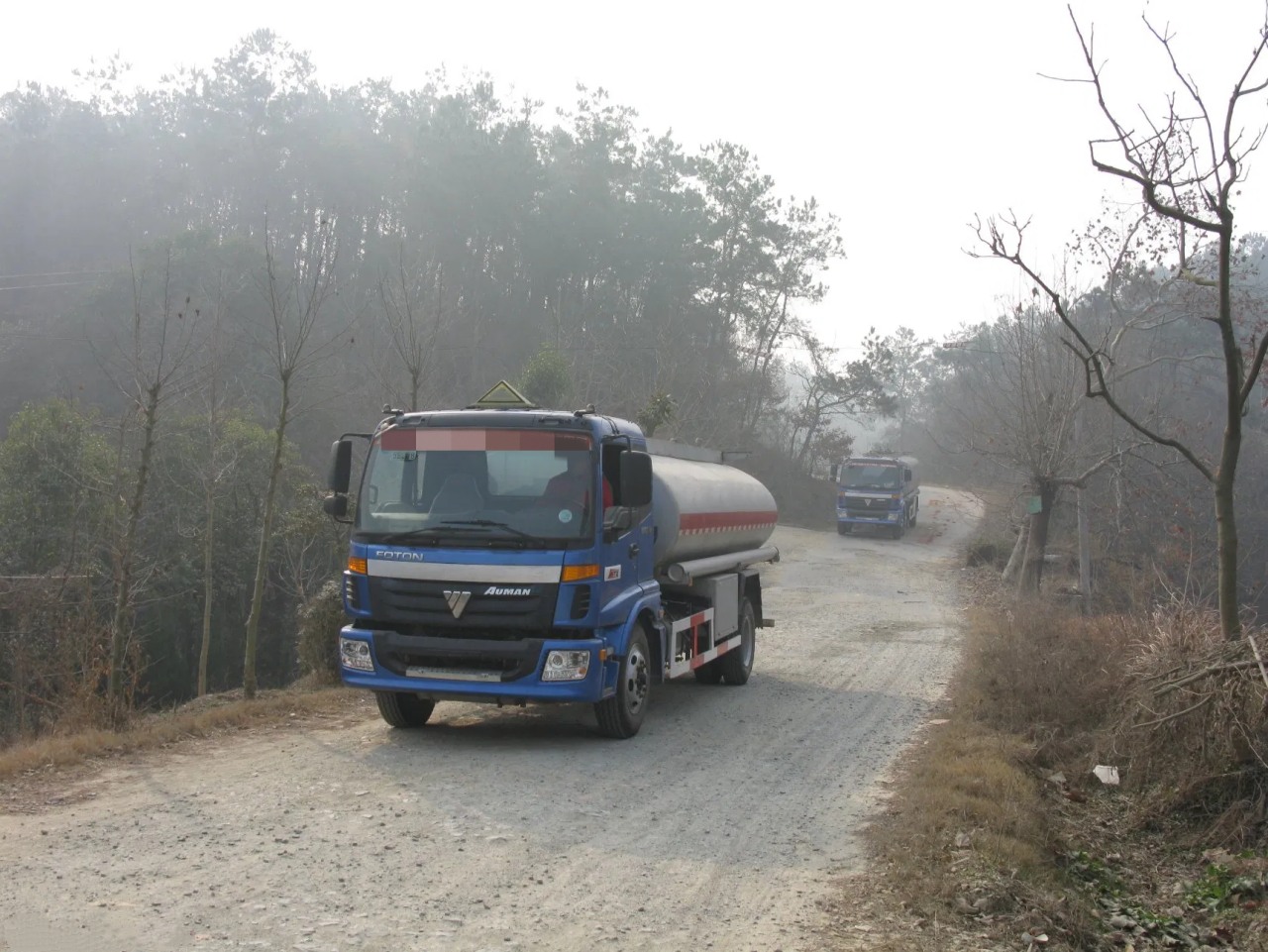
Types of Mobile Refuelers
Mobile refuelers come in various forms, each tailored for specific operational needs:
1. Ground Vehicle Refuelers
These are typically medium to heavy-duty trucks equipped with a fuel tank ranging from 500 to over 5,000 gallons. They are designed to refuel ground vehicles and heavy machinery, such as bulldozers, excavators, tractors, and delivery trucks. Common applications include:
- Construction sites
- Agricultural fields
- Logistics hubs
- Rail yards
2. Aviation Refuelers
Aviation refuelers are specialized mobile fuel trucks used to supply aviation fuel to aircraft on the ground. These are critical at airports and airfields, especially those without fixed refueling infrastructure. They must meet strict safety standards due to the volatility of aviation fuels such as Jet A or Avgas.
3. Marine Refuelers
Designed for use near water, these refuelers provide fuel to boats, yachts, and marine vessels. They are built to comply with maritime environmental and safety regulations to prevent fuel spills.
4. Emergency and Military Refuelers
The military and emergency services use rugged mobile refuelers for operations in remote or hostile environments. These vehicles are often armored and built to handle rough terrains while maintaining fuel delivery reliability.
Components of a Mobile Refueler
A mobile refueler is a complex vehicle that includes several critical components, all designed to ensure safe and efficient fuel delivery:
- Fuel Tank: Usually made from aluminum, carbon steel, or stainless steel, with baffles to reduce fuel sloshing.
- Pump System: Transfers fuel from the tank to the receiving equipment or vehicle.
- Fuel Meter: Measures the amount of fuel dispensed, crucial for accurate billing and inventory control.
- Hose Reel and Nozzle: Delivers the fuel to the target vehicle or equipment.
- Emergency Shut-off Valves: Instantly halts fuel flow in case of an emergency.
- Grounding and Bonding Equipment: Prevents static electricity buildup, which could ignite fuel vapors.
- Fire Extinguishers and Spill Kits: Essential for safety and emergency response.
- Lighting and Control Panels: Allow for night operations and system monitoring.
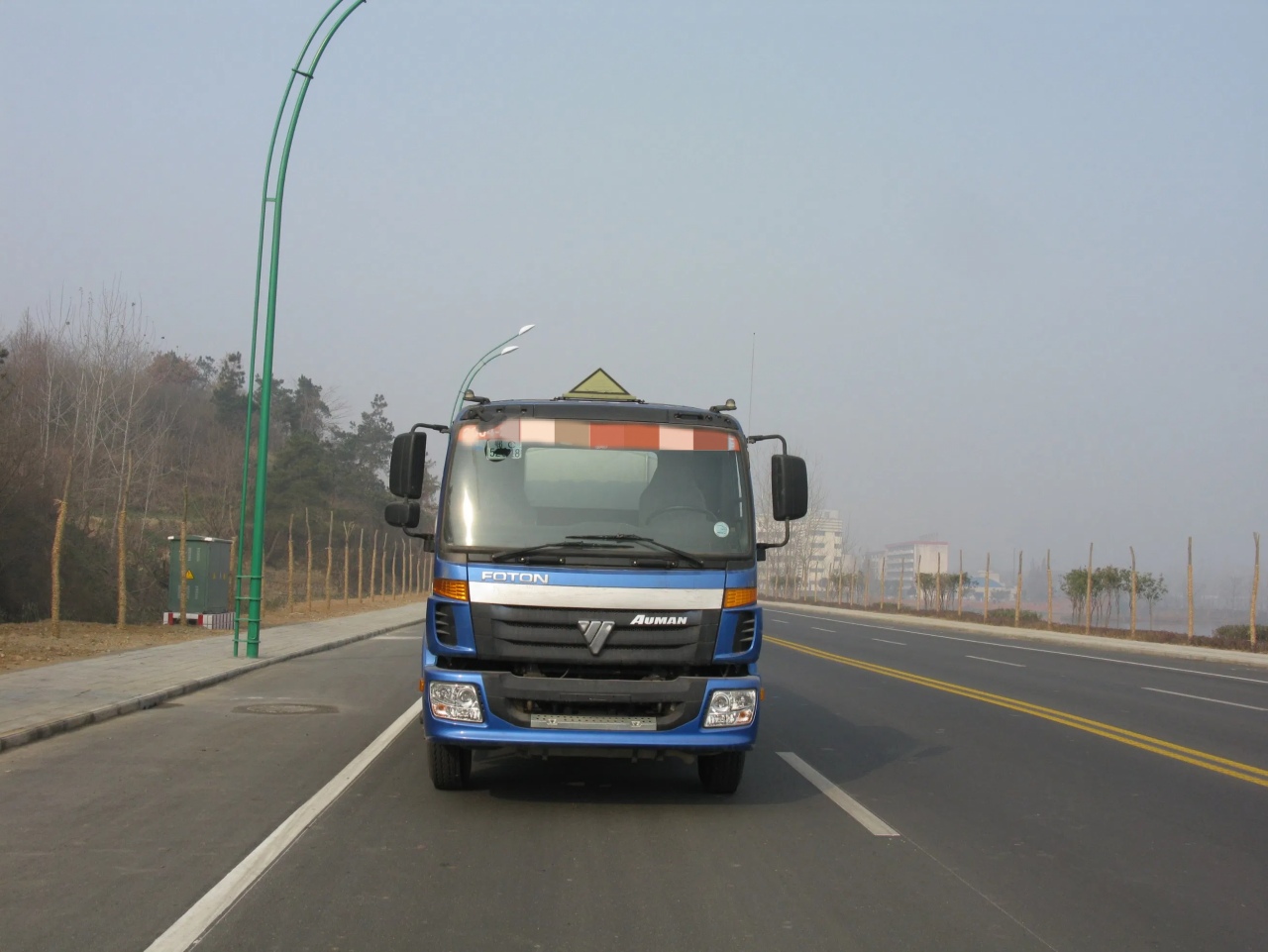
Regulations and Safety Standards
Mobile refuelers operate under strict regulations to ensure safety for both operators and the environment. These regulations vary by country but generally include the following:
- DOT (Department of Transportation) regulations for roadworthiness and fuel transportation.
- EPA (Environmental Protection Agency) requirements for spill prevention and containment.
- OSHA (Occupational Safety and Health Administration) safety protocols for workers.
- NFPA (National Fire Protection Association) guidelines, such as NFPA 385 and NFPA 407, for fuel truck design and refueling operations.
- ICAO and IATA regulations for aviation refuelers.
Operators must be properly trained and certified in hazardous material handling, spill response, and fire safety.
Advantages of Mobile Refuelers
The adoption of mobile refuelers offers several benefits across different industries:
1. Time Efficiency
Instead of sending equipment or vehicles to distant fuel stations, the fuel comes to them. This results in less downtime and more productive hours on the job site.
2. Cost Savings
Fewer fuel station visits translate to reduced fuel consumption for transport, lower maintenance costs, and less idle time.
3. Operational Flexibility
Mobile refuelers can be deployed to various locations as needed. They are particularly valuable in temporary work sites, remote areas, and during emergency responses.
4. Fuel Inventory Control
Many mobile refuelers are equipped with digital metering systems and telematics that allow for precise tracking of fuel usage, enabling better planning and cost management.
5. Environmental Benefits
Modern mobile refuelers are designed to minimize spillage and vapor release, which helps reduce environmental impact.
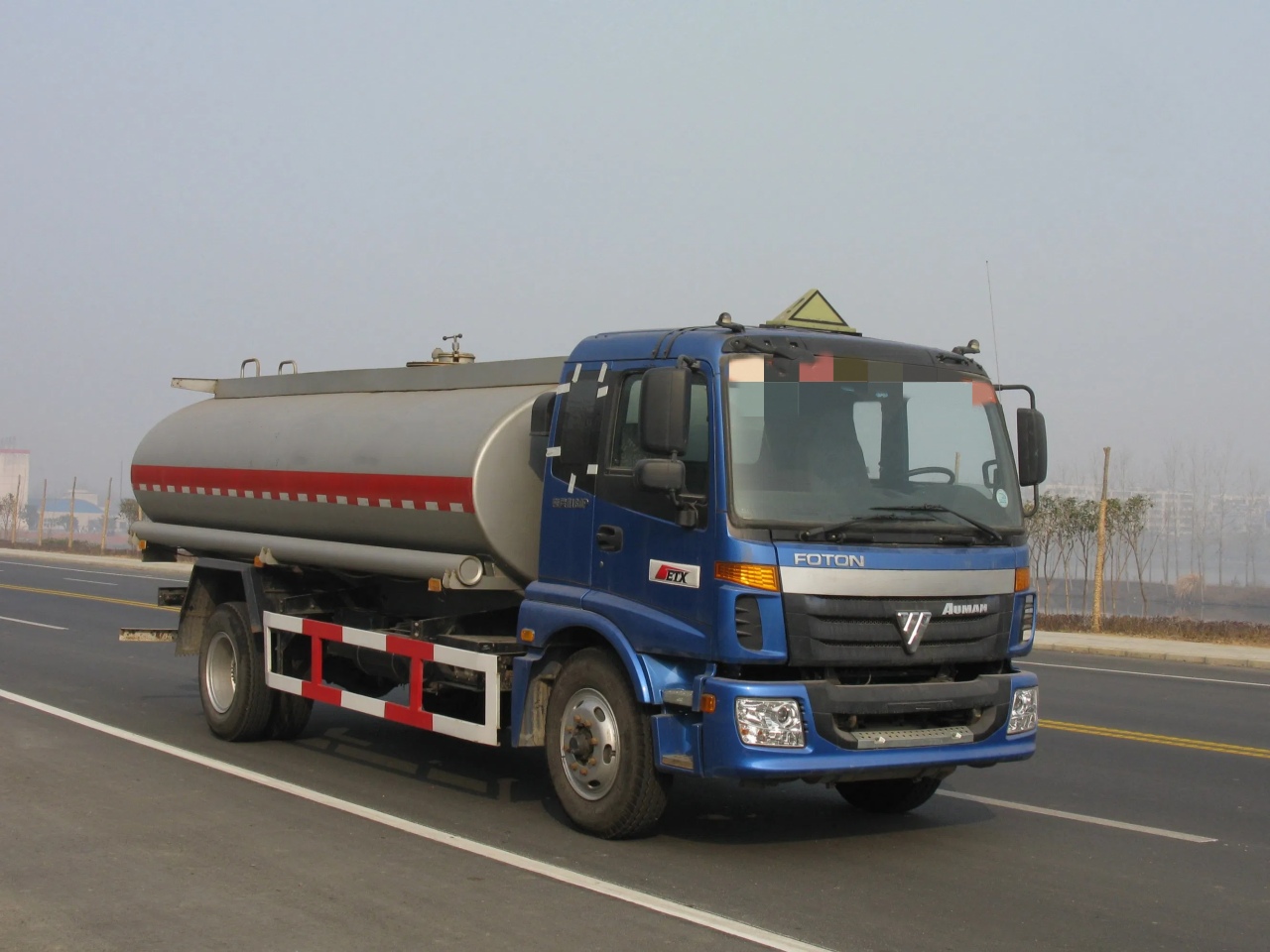
Challenges and Considerations
Despite their advantages, mobile refuelers come with specific challenges:
- Initial Investment: The purchase and customization of a mobile refueler can be costly, especially for specialized units like aviation or military refuelers.
- Regulatory Compliance: Keeping up with safety and environmental regulations requires ongoing investment in training and equipment upgrades.
- Fuel Theft and Misuse: Without proper tracking and security, mobile fuel can be susceptible to unauthorized use.
- Maintenance Requirements: These vehicles must be rigorously maintained to prevent leaks, pump failures, or other issues that could cause operational downtime or safety hazards.
The Future of Mobile Refueling
With technological advancements and increasing demands for convenience, the future of mobile refuelers is promising. Emerging trends include:
- Automated Dispensing Systems: Touchless and automated systems that improve safety and efficiency.
- Smart Telematics: Real-time fuel tracking, GPS location, and usage analytics integrated into fleet management systems.
- Electric and Hybrid Fuel Trucks: As industries move toward decarbonization, manufacturers are exploring electric-powered mobile refuelers or those designed to refuel electric vehicles with mobile charging units.
- Alternative Fuels: Mobile refuelers that can carry hydrogen, biofuels, or compressed natural gas (CNG) are becoming more common to support sustainability goals.
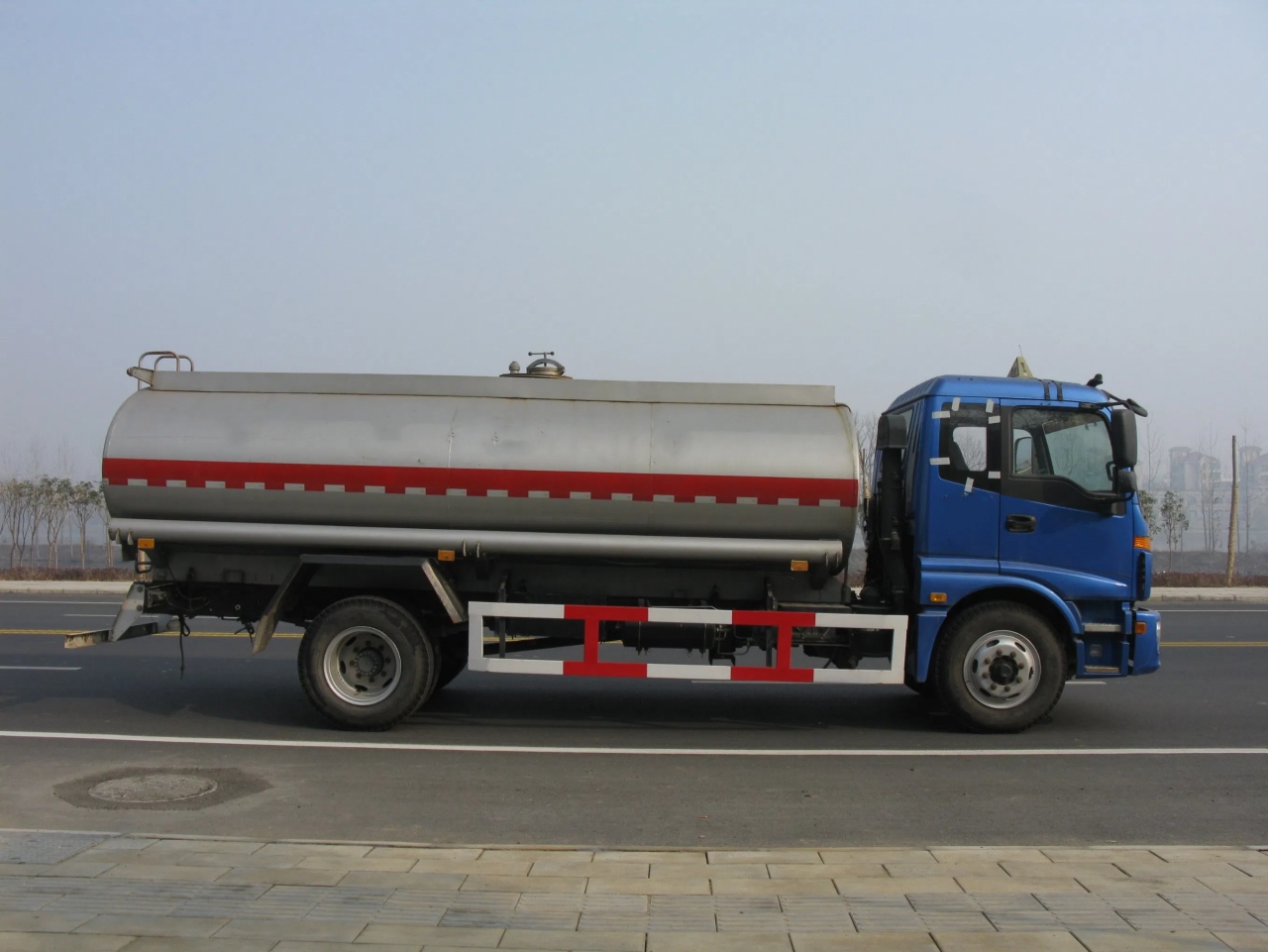
Conclusion
A mobile refueler is an indispensable asset for industries that rely on constant, on-site fuel supply. Whether it’s powering heavy equipment in a remote field, refueling aircraft between flights, or supporting emergency services in disaster zones, mobile refuelers enhance operational efficiency, reduce downtime, and support logistical agility. As technologies evolve and industries demand more flexible fueling options, mobile refuelers will continue to play a vital role in keeping the world moving—anywhere, anytime.
